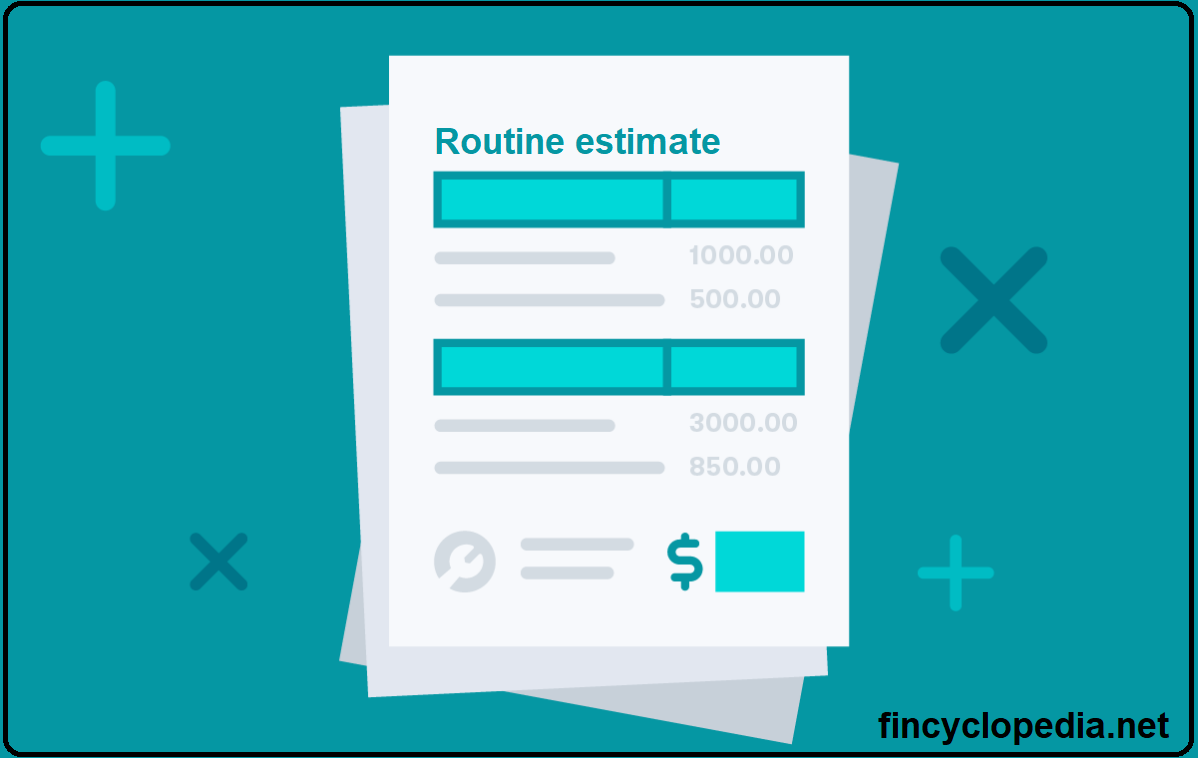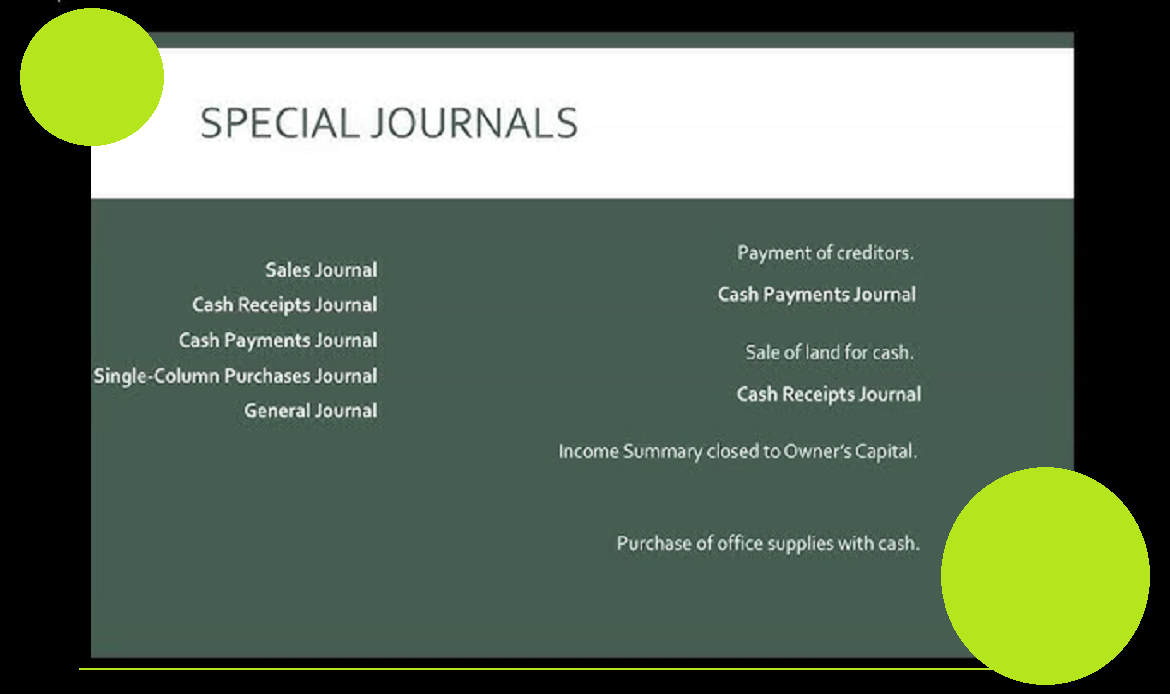An account that appears on liability and owners’ equity side of the statement of financial position (balance sheet) constituting appropriation of profits (earnings and/ or retained earnings) for a specific purpose. It is a component of equity (belonging to shareholders and maybe also to non-controlling interest) that is set aside as appropriation from respective earnings or retained earnings as well as value adjustments relating to respective categories of stakeholders. Reserves in general are designed to address specific risk management requirements. In accounting parlance, “reserve” always has a credit balance and can have many connotations depending on source and intended use: it might be a part of shareholders’ equity, a liability for estimated claims, or contra-asset for uncollectible accounts.
Reserves comes in many types including capital reserves, revenue reserves, general reserves, special reserves (contingency reserves), statutory reserves (legal reserves), foreign currency translation reserves, fair value reserves/ revaluation reserves, etc.






